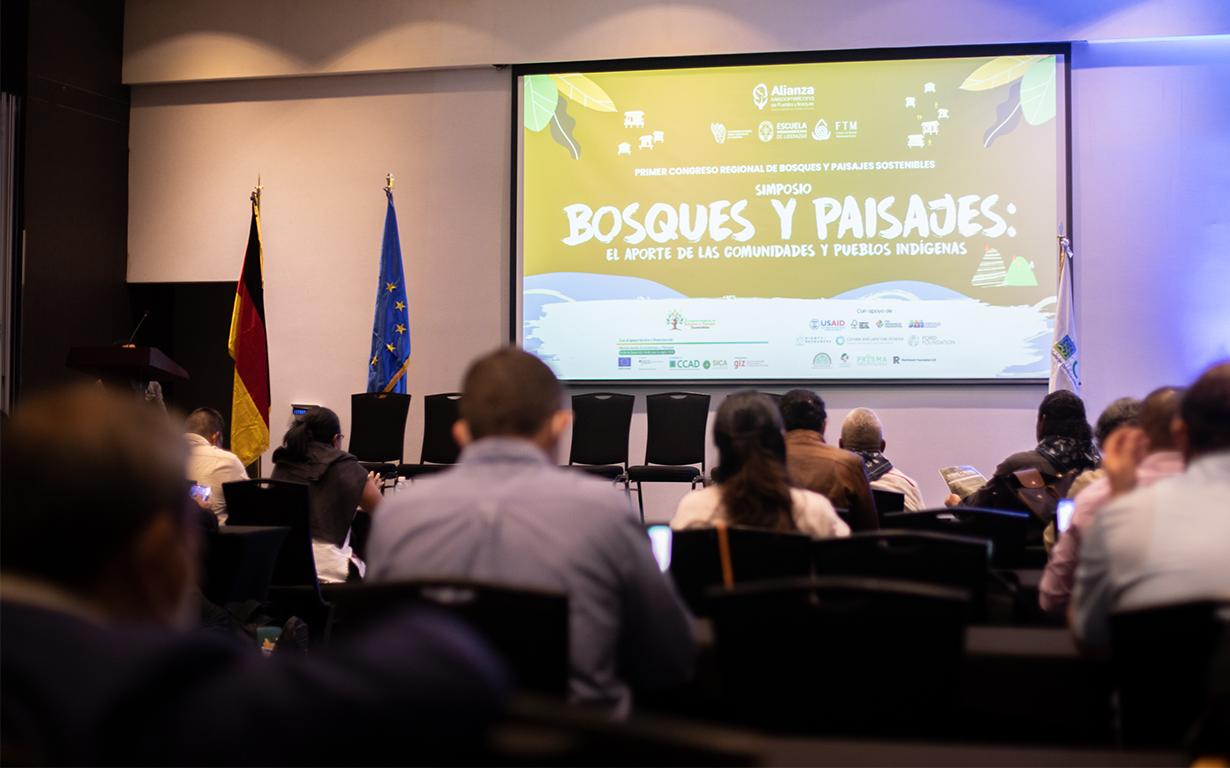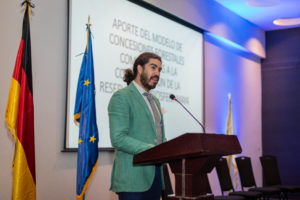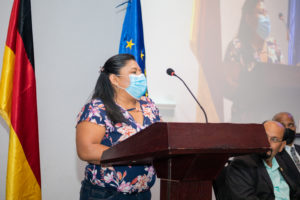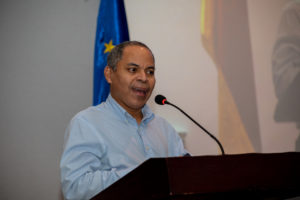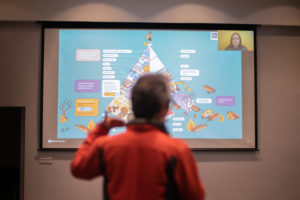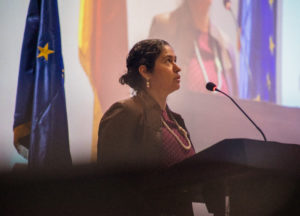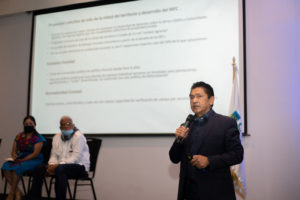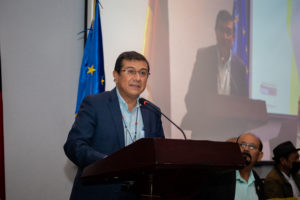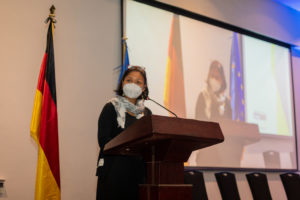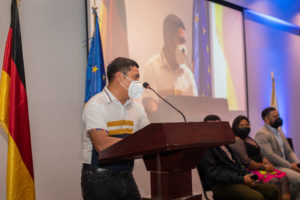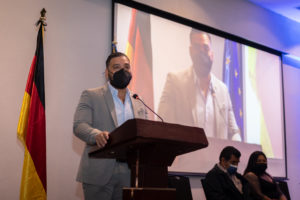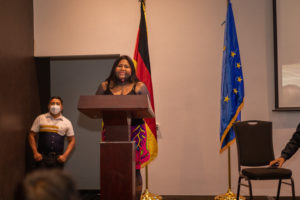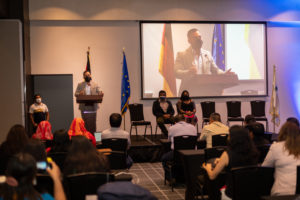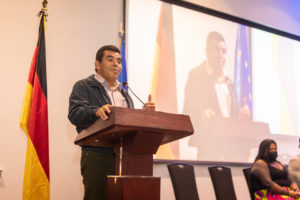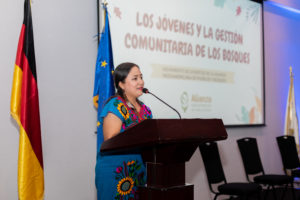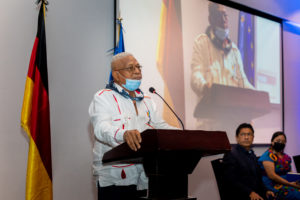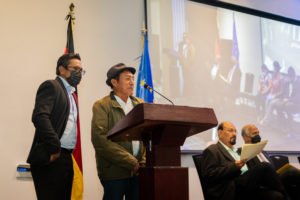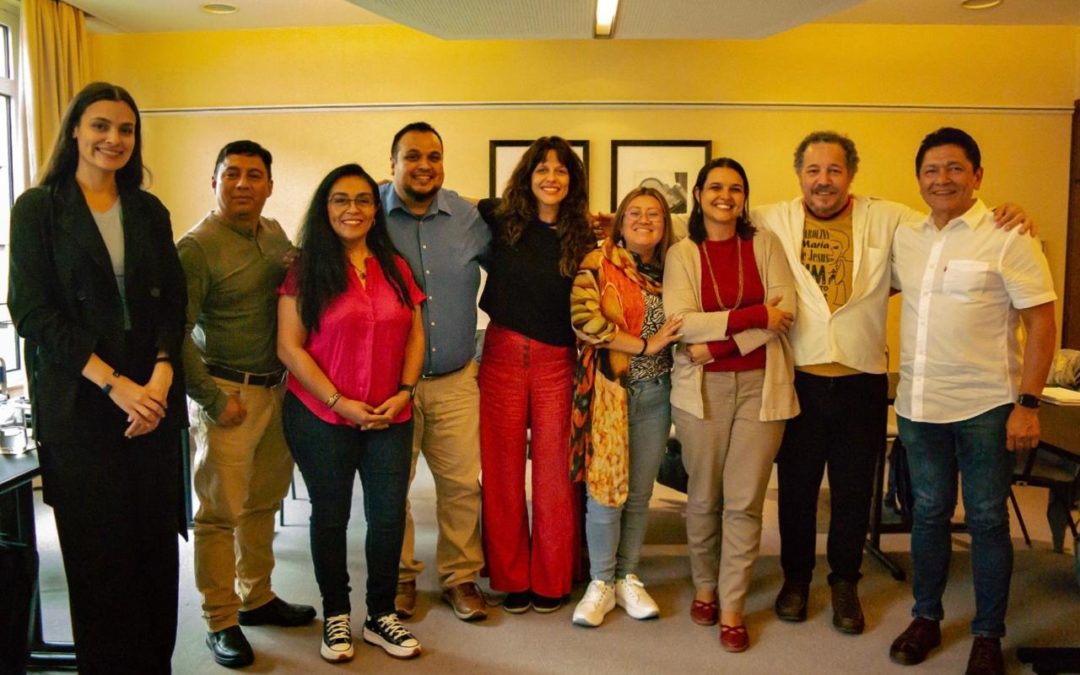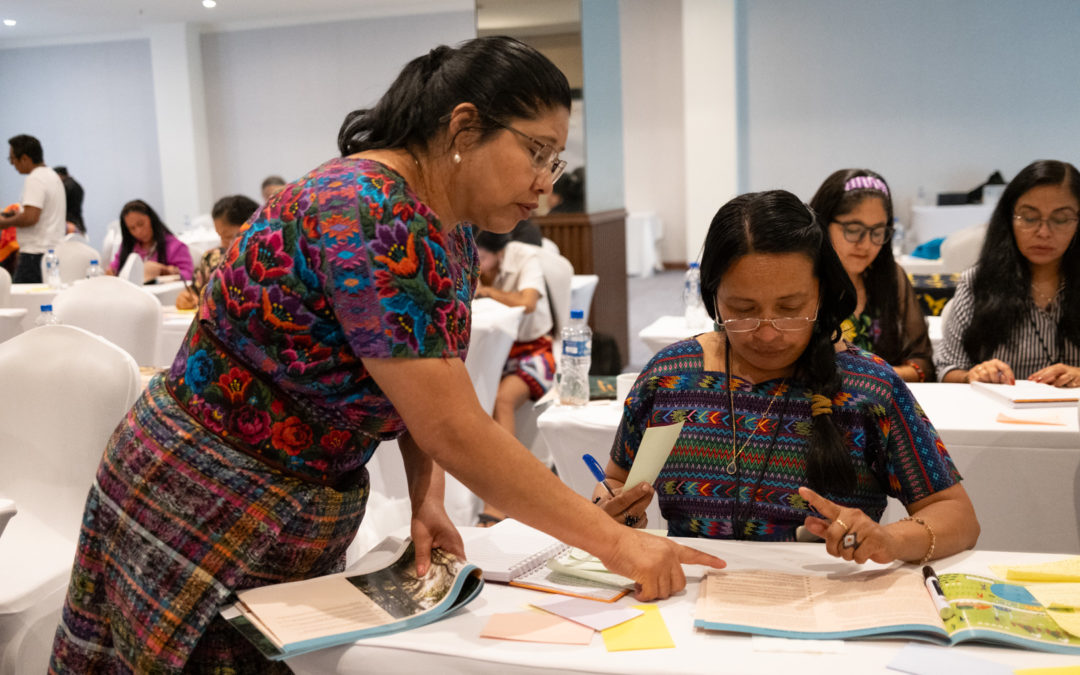The Mesoamerican Alliance of Peoples and Forests (AMBP) positioned the vital role of local communities and indigenous peoples of the region in the Symposium “Forests andLandscapes: The contribution of Indigenous Peoples and communities”, within the framework of the First Regional Congress on Forests and Sustainable Landscapes.
This April 6, in Panama City, the communities and allies put into perspective the role of indigenous peoples and local communities in the management of forests, their care and conservation.
In Mesoamerica, these communities influence approximately 50 million hectares of remaining forests, therefore, the AMPB highlighted the importance of promoting dialogue between Central American forest authorities and local organizations that manage forests, in order to analyze the challenges and challenges around the sustainable management of them through the recognition of their integrality as livelihoods.
Recent reports not only indicate that Mesoamerican forests contain 47% of the region’s forest carbon stocks—about 8% of the world’s biodiversity—but also provide livelihoods for more than 5 million people, so discuss the main challenges of the region regarding the participation of these communities in the markets was one of the main objectives of the convention.
The Symposium also featured a compilation of successful experiences in terms of agreement between governments and communities that served as evidence of a unique region in the world to advance policies, programs and projects for the conservation of biodiversity, the protection of forests, strengthening the livelihoods of communities, local economies and their use as a tool to face climate change.
You can watch the Symposium broadcast here.
Regional challenges
Currently, these Mesoamerican peoples suffer from external pressures that endanger the cardinal role they play in the protection of forest masses.
In the region, narco-forestry is responsible for the loss of between 15% and 30% of forest cover in Guatemala, Honduras and Nicaragua, while the murder of environmental defenders has reached alarming figures: between these three countries 31 deaths, according to the 2016 Global Witness report.
The effects of climate change have also had direct consequences on communities that depend on collective goods, in addition to the fact that there is currently a lack of opportunities to access financial resources and incentive programs that are consistent with the vital aspirations of indigenous communities and peoples. to generate viable local economic alternatives.
On the other hand, the pandemic weakened local production systems, which has caused the economic reactivation proposed by the countries of the region to threaten strong pressure on territorial resources.
Given this situation, the symposium took place at a key moment to transition and reorient programs, plans and policies with projections to 2030, which consolidate and expand the achievements made by indigenous peoples and local communities in terms of territorial law and governance.
The implementation of the paris agreements in 2020 and the 2030 Agenda for Sustainable Development are two references in time that indicate the urgency of making transformations. In particular, in the face of international climate commitments, the Nationally Determined Contributions (NDC) of the countries of the Mesoamerican region include the restoration and sustainable management of forests as part of their goals to raise climate ambition. In this sense, the symposium wanted to demonstrate the importance that the contributions of forest communities and indigenous peoples to these activities be recognized and compensated appropriately.
I Regional Congress on Forests and Sustainable Landscapes
The First Regional Congress on Forests and Sustainable Landscapes, convened jointly by the Ministry of the Environment of Panama, the Central American Commission for Environment and Development (CCAD), the Mesoamerican Alliance of Peoples and Forests (AMPB) and other allies, is a space for exchange which will bring together leaders of indigenous peoples and forest communities, government officials, civil society organizations, research centers and donors from Central America and the Dominican Republic, to discuss the main challenges and opportunities in the region in the fight against climate change , the management and sustainable management of forests in conservation efforts, the real participation of communities guaranteeing their rights, the vital role of womenand youth as key actors for forest governance and the challenges posed by the post-COVID-19 context.
These activities were developed with the technical and financial support of the European Union, the Federal Ministry for the Environment, Nature Conservation and Nuclear Safety and Consumer Protection (BMUV), within the framework of the International Climate Initiative (IKI) through the Green Development Fund for the SICA Region, an initiative implemented by the German Development Cooperation, GIZ in coordination with the Central American Commission for Environment and Development (CCAD). We also have support from the Global Alliance of Indigenous Peoples for Rights and Development (IPARD) of the FSC Indigenous Foundation; Rights and Resources Initiative (RRI); Climate and Land Use Alliance (CLUA); the Ford Foundation; Forest and Farm Facility (FFF); Forest Trends; Prism Foundation; and Rainforest Foundation US.
